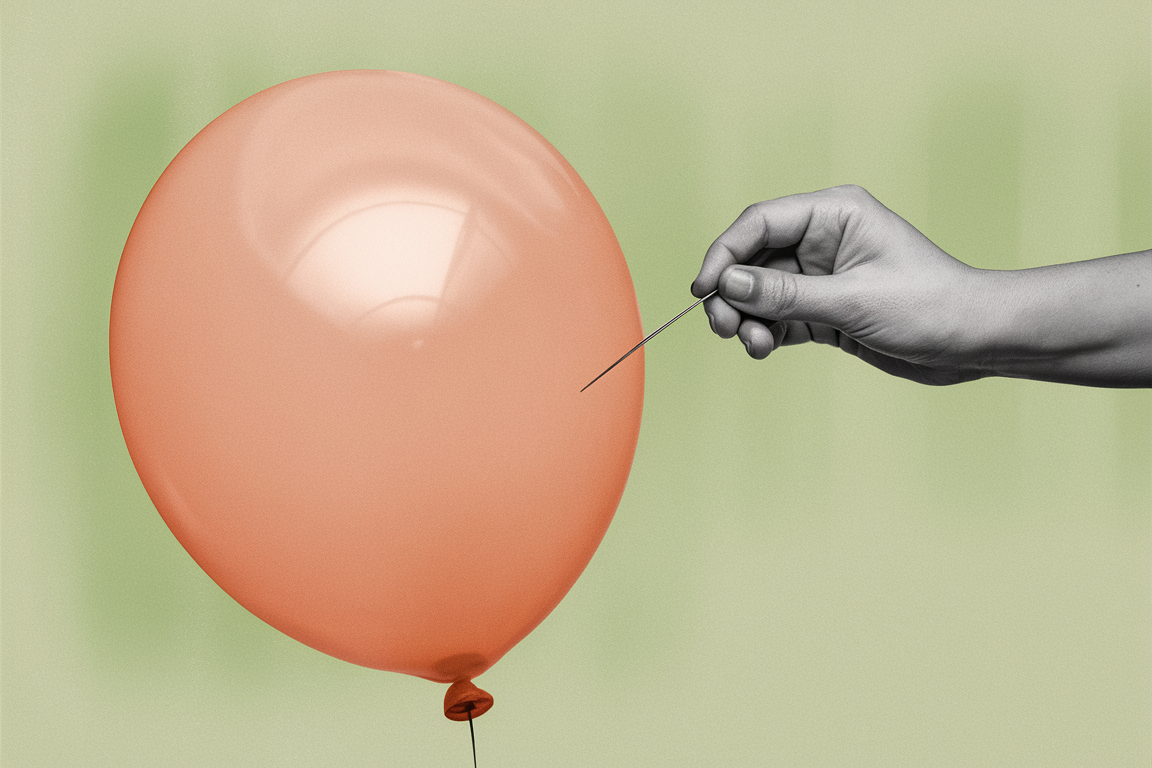
How To Reduce Bloating And Feel Better Fast, According To Experts.
Bloating is a common and frustrating experience, causing tightness and puffiness in the abdomen. It can be caused by a variety of factors, including gas build-up, constipation, and hormonal fluctuations. While often temporary and harmless, bloating can be uncomfortable and make you feel self-conscious.
This article explores what causes bloating and offers expert-backed solutions for finding fast relief and preventing future discomfort.
Causes of Bloating
Gas Buildup: Swallowing air while eating or drinking, or having trouble digesting certain foods like beans and cruciferous vegetables, can lead to gas buildup in the intestines.
Constipation: When stool remains in the colon for too long, it can cause bloating and discomfort.
Hormonal Fluctuations: Women may experience bloating during their menstrual cycle due to hormonal changes.
Irritable Bowel Syndrome (IBS): IBS is a chronic digestive disorder that can cause bloating as a primary symptom.
Food Sensitivities: Some people have sensitivities to certain foods, like gluten or dairy, which can trigger bloating.
Fast Relief for Bloating
Probiotics: These live bacteria support gut health and digestion. You can find probiotics in yogurt, fermented vegetables, or supplement form.
Hydration: Drinking plenty of water helps soften stool and reduces bloating caused by constipation and gas.
Reduce Salt Intake: Excessive sodium intake can lead to water retention and bloating. Opt for fresh produce and cook meals at home to control sodium levels.
Increase Potassium: Potassium helps the body get rid of excess salt, counteracting water retention and bloating. Bananas, oranges, and strawberries are good sources.
Eat Fruit Skins: The skin of fruits like apples and pears contains insoluble fiber, which aids digestion and reduces bloating over time.
Limit Carbonated Beverages: Fizzy drinks can add air to your digestive system, worsening bloating. Opt for flat water or unsweetened tea.
Simethicone: This over-the-counter medication helps break down gas bubbles, providing quick relief from bloating.
Light Exercise: A short walk after eating can stimulate your colon and ease bloating caused by gas or a large meal.
Food Log: Keeping a food log can help identify potential triggers for your bloating. Pay attention to how you feel after eating certain foods.
Reduce Cruciferous Vegetables: Vegetables like broccoli and cauliflower are high in a sugar that can be difficult to digest, causing bloating in some people. Try cooked versions or smaller portions.
Leafy Greens: Leafy vegetables like kale and spinach are a good source of fiber that promotes regular bowel movements and reduces bloating.
Smaller Meals: Eating several small meals throughout the day can prevent overeating, which can contribute to bloating.
Limit Certain Dairy Products: If you’re lactose intolerant, milk and ice cream can cause bloating. Consider lactose-free alternatives.
Choose Lean Protein Sources: Fried foods are high in fat and can irritate your stomach, leading to bloating. Opt for grilled, broiled, or baked lean protein sources.
Coffee (In Moderation): Black coffee may help regulate bowel movements and reduce bloating for some people. Avoid sugary additives that can negate these benefits.
Artificial Sweeteners: Certain artificial sweeteners, like sorbitol, maltitol, and lactitol, can be difficult to digest and cause bloating. Opt for stevia or monk fruit if using sweeteners.
Processed Foods: Processed foods are often high in sodium and can contribute to bloating. Choose whole, unprocessed foods whenever possible.
Ginger: Ginger can help accelerate food movement through your digestive system, reducing gas buildup and bloating.
Cooked Vegetables: Raw vegetables can be difficult to digest for some people. Cooking vegetables helps break down fibers and reduces bloating.
Limit Alcohol: Alcohol disrupts the gut microbiome and can cause bloating.
Herbal Teas: Mint and chamomile teas have calming properties that can soothe the digestive tract and reduce bloating.
Early Dinner: Eating too close to bedtime can slow down digestion and lead to bloating. Aim for an earlier dinner.
Prebiotics: Foods like asparagus contain prebiotics, which nourish gut bacteria and promote healthy digestion, reducing bloating.
Digestive Enzymes: Pineapple and papaya contain enzymes that aid protein digestion and may help alleviate bloating. Consider fruits or enzyme supplements. Discuss any new supplements with your doctor first. Pairing digestive enzymes with foods that might otherwise leave you feeling bloated could also be worth trying.
Important Considerations:
While bloating is usually temporary and harmless, there are steps you can take for fast relief. Probiotics, staying hydrated, and reducing salt intake are all helpful strategies. You can also manage bloating in the long term by consuming prebiotics like asparagus, limiting processed foods, and incorporating digestive enzymes or ginger into your diet. If you experience bloating alongside chronic digestive issues or water retention, consult a doctor to rule out any underlying conditions. Remember to discuss new supplements with your doctor first, and consider seeking help from a registered dietitian for a low-FODMAP diet. By making these adjustments, you can feel better and keep bloating at bay.

